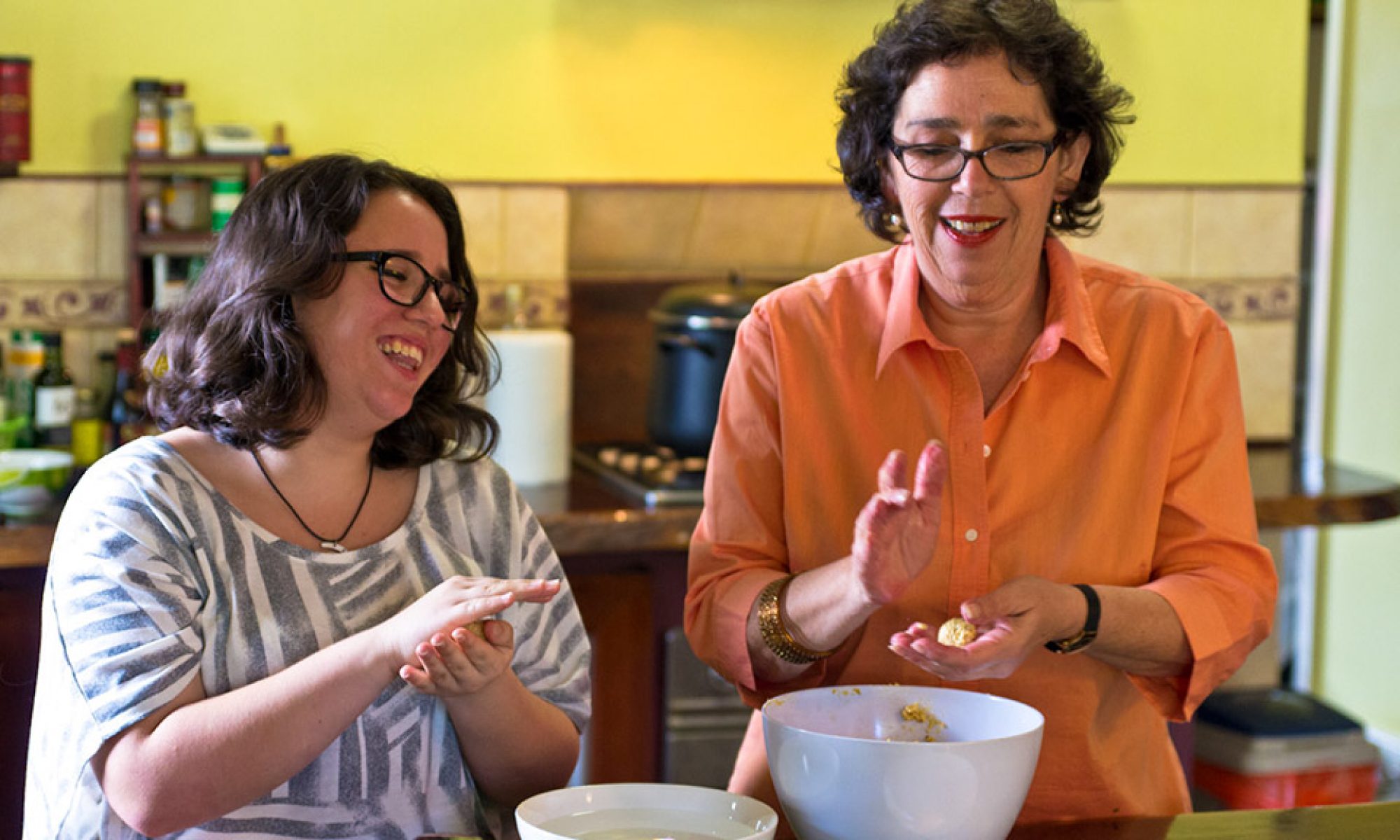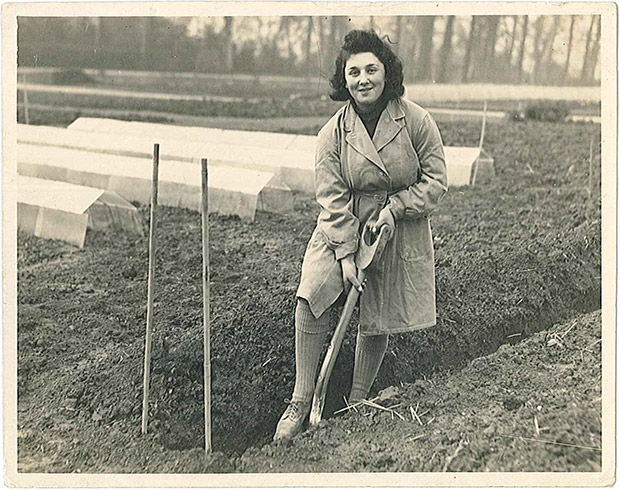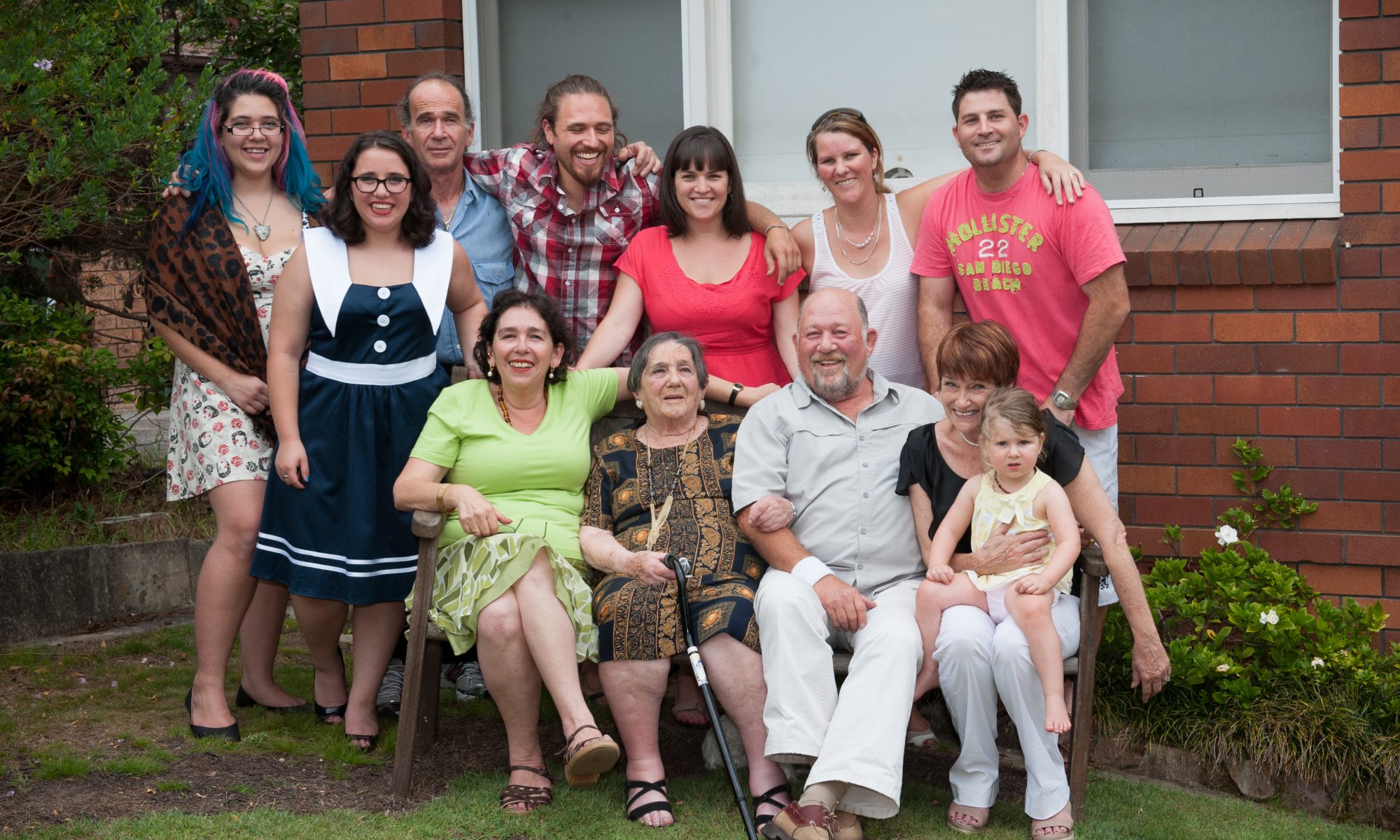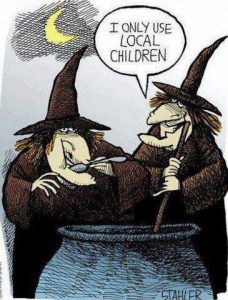It’s two months since we buried our mother; a remarkable woman who lived her life for others. Sheila was generous and she was brave. I’d like to say she was fearless, but only the ignorant are fearless. Being brave is having the strength to confront fear. Sheila was brave.
She complained all her life of the pain of her legs swollen by varicose veins. I was to blame apparently. She said she got varicose veins because she stood for so many hours with the other women of the Black Sash, protesting the apartheid regime whilst heavily pregnant with me.
I asked her once: “Well why did you do it”? And she told me she didn’t want anyone to think she was afraid. That says so much about her. As far as my mother was concerned, what was in your heart was not enough – you had to use your voice and you had to call out wrongdoing. No surprises if I tell you that she picked me up from school aged 16 so I could join her picketing the Springbok Rugby team, having given me an absentee note my headmistress nearly choked on.
Generous? Yes. Sheila wanted so little herself; and gave so much to others. Her unrenovated kitchen in Murriverie Road, was her command centre – she would have fed the world if she could. I learned everything from her. I am my mother’s daughter, I have cooked for my living, taught food studies, written two theses on food but I will never give as much of myself as Sheila did.
Perhaps this excerpt from my MA thesis – Didn’t Your Mother Teach You Not to Talk With Your Mouth Full: Food, Families and Friction, will say what is so hard to express now that she has gone:
Mama cooks dinner every night and it’s such a comforting place to be, perched on my wooden stool, lecturing mama’s back. I wanted her to be ‘mama’, not plain ‘mum’; wanted her to cover her head with a shawl when she lit the candles on Friday night. Wanted a mother of image, of warm brown eyes, big soft bosoms and open heart. I wanted a ‘yiddische mama’, which was in fact what I had.
I see her standing before a steaming pot, ladling out bowls of pee-yellow chicken soup. How tenderly she scoops two glistening, plump matzoh balls into each one (and I wonder whether Marilyn Monroe really asked Arthur Miller’s mother what you do with the rest of the poor little matzoh); because it’s always two, you know, except for Dad, who gets three, and maybe Robin. We all get three, in the end, but first you have to eat two and then cajole, and promise to eat the rest of your dinner. But who wants it anyway when you can eat light as air, starchy dumplings, clear broth and just the loneliest bit of carrot?
Now I look back in awe, remembering how she was always home before we were, with the shopping, to spend a stolen half hour resting her swollen legs. And she never seemed to mind, or didn’t let me see, as she heaved herself from her bed and the paper and took up her position by the stove.
Was there ever a meal without three movements? And the up and down and backwards and forwards, me too, sometimes, while they sat, and we served. And I never even noticed, that she did it every day and how little we helped and how late it was before she finally sat down and rested those legs.
And now that I know more about the monotony of work that will never be finished, I marvel at her acceptance and the time that she did find for me. Ah, breathe deep, remember all the glorious matzoh balls of my youth, beat the eggs, boil the water and cook my little, light as air dumplings for my little family. What could make me happier than feeding my baby chicken soup and matzoh balls?
Want Mum’s kneidlach recipe?
In Jewish culture feeding anyone is considered a mitzvah, (a good deed which also blesses the doer), which is why we take our Jewish identity from our mothers. Many people assume this custom comes from a misogynistic suspicion of paternity. This isn’t the case –the old rabbis of the Gemara believed that men offer money to the needy while women will offer food and this is the holier act and after all, so much of Jewish practice is situated within the home. Certainly we learned all things Jewish from Mum.
There’s no doubt that Mum learned at her mother’s side as I did at hers. Her mother, our Nana, had been raised in a Dickensian Jewish orphanage where she starved. Nana wasn’t having a bar of Orthodox Judaism, and certainly there would be no fasting. No child would go hungry on her watch. On Yom Kippur Nana would stay home with food at the ready for any local children who escaped the Synagogue and came to her. Nana’s fear of hunger was over-whelming, she slept with a biscuit next to her bed every night.
Nana transferred this fear to my mother and then to me. Mum taught me that when it comes to food, only too much is enough. That is the Jewish way. But Mum did not waste food. It could be said she may have, at times, diced with death – hers and ours. But that’s another story, one I’ve told before: http://www.smartfoodmama.com/all-my-children-have-eaten-from-the-dogs-bowl-at-some-point/
Mum did not restrict her love and kindness to her children and grandchildren. I have also written about her love for my cousins and their love of her.
Mum spread love and food throughout her family circle but it went so much further. Friday night always with “mitschleppers” as my Dad would say. Shabbat dinners were usually followed by Saturday lunches – always with guests. Sure my Dad would (over)cook the chops and boerewors, but Mum would cover the table with other dishes – always sweetcorn, potato salad, pickled cucumbers, fried fish and her big wooden bowl of somewhat ordinary looking salad (this was the 60s – no quinoa or sprouts). Mum’s concern was never with presentation, only with abundance and flavour. My paternal grandmother once infamously said: “Well, with Sheila, quantity you will get”! Oh the slings and arrows she bore from her mother-in-law.
Mum and Dad helped the Smith family to come to emigrate from South Africa, possibly the first black family to sneak into Australia before the infamous white Australia policy came to an end. Ray was a baker and he opened a shop in Bondi Junction. Was it every Saturday that our mother went by his shop to pick up his left over stocks to take to the Wayside Chapel, or only most Saturdays?
Mum was 80 when she gave up delivering Meals on Wheels – how many of the recipients were younger than her?
These photos were taken a month before she died, our last hurrah, I had exhausted Mum the day before with many hours of conversation, so she was not at her best and yet she was of course glad to see her children, grandchildren, nieces and nephew. I made her sausage rolls. Mum always baked these for parties – no store bought pastry of course – she would make them a week in advance and they always survived freezing so well. She taught me how to make this quick and easy pastry, but that’s one recipe I’m not sharing.
If you look closely you will see the packet of cheap wafers she hoed into with gusto. No point monitoring Mum’s diabetes any longer.
When the Second World War broke out Mum joined the Land Army: and here she is growing food for the nation:
She loved those years on the land and how she loved her garden. My last house had a huge mulberry tree. It reminded me of our tree in Murriverie Rd. If you knew our frugal mother you may imagine what we suffered as a result – mulberry jam is one thing. We feared one day we would confront something like mulberry curry. Mum found a sucker growing under my mulberry tree here in Perth and she lovingly potted it. I brought it with me when we moved and duly neglected it. Carlos gave it some attention and it recovered. I planted it, and it has flourished. I love that tree and the knowledge that my mother is still feeding me.
The year I moved to Perth was probably the hardest of my life. We had found somewhere to live, and finally work. I was working in the city and came home one night to find a strange package in the fridge: a take-away container with 2 thick rubber bands round it. Those rubber bands looked scarily familiar but the grey stodge inside did not and some .. instinct told me not to open it. So instead I woke Jon up, he opened one eye and muttered “Your Muddah!”
I went back to the fridge, my jaw dropped in horror. Without dry ice, express post or even an airtight container, my mother had posted me a batch of gefilte fish. Just a take away container, her 2 signature elastic bands and brown paper. Perhaps she had glad-wrapped it – I don’t know because it had been stripped of its noxious wrapping.
I imagine the postman has long since recovered from the experience, though I doubt that his van was ever the same. He stood at the door holding this soggy, foul – smelling parcel, shaking his head and handed it to Jon with the question, “Mate! What is it?” Then he asked if he could wash his hands.
“Has she posted you any gefilte fish lately?” has become a family joke. I can’t tell the story without laughing so hard I cry. I remember phoning her the next day, when she answered the phone all I said was:
“Are you completely insane?”
She laughed and replied:
“Oh, it’s been quite cold here, is it still hot over there?”
Mum’s mental state was not, of course, the point. The point was her impulse, mad, generous and devoted. She had missed me at the Seder and sent a little something special for her prodigal daughter, as if it had the power to draw me back and seat me, at the table by her side with her other chicks. And I was lonely and so unhappy and had the gefilte fish survived, I would have eaten it and it would have taken me back to that table.
Mum always pretended to hate me telling that story. But I knew that was performance. She enjoyed her rebellious nature. And she certainly taught me a thing or two about that. My daughter Zenna and my nieces know that we follow a long line of dissident women (and excellent cooks).
Rest in peace Mum, your work is done.
Please add your own memories.
Her Eulogy follows:
Sheila Rhoda Newman 1922 – 2016
Born 1922 in Nottingham Sheila grew up in a tight-knit Orthodox community in Sunderland, England. She won a university scholarship but declined to take it up in order to work and support her family.
When WW2 began she quit her job and joined the Land Army growing food for the nation. She always said that she loved that time on the land, though the work was hard.
After the War she went with her mother Zena to reunite with her younger brother who had been evacuated to the safety of South Africa, where Sheila’s aunt Nita lived.
In Cape Town she met Hank Newman. Upon marrying Hank she became mother to his six-year old daughter Carol (now Phillips).
Robin, David and Felicity followed.
Sheila was a founding member of the Black Sash, the women’s movement opposing the Apartheid regime. Sheila was fearless in speaking up where she saw wrongdoing. In 1962 the family migrated to Australia.
As well as settling and caring for her family and friends, Sheila helped succeeding waves of migrants. Sheila and Hank helped the first coloured South Africans settle in Sydney and their home in Bondi was open to all.
Sheila was politically engaged all her life, even running twice for local council, when she called on voters to “put a Sheila on the council”! Sheila was a spirited woman of conviction. A proud feminist, she was a founding member of the Women’s Electoral Lobby, and a member and President of her Toastmistress club for many years.
They say that if you want something done ask a busy person. Sheila only quit delivering meals on wheels at the age of 80.
Hank Newman was the great love of her life and she cared for him through many years of illness as she did for her mother Zena.
But the greatest joy in her life was her grandchildren: Robin and Valda’s children: Samantha Newman, Simon Newman and Lisa Newman, followed by David’s children Joel Newman and Grace Newman. Eventually a grandchild from Felicity: Zenna Newman-Santos.
Sheila was then finally blessed with great-grandchildren. Simon and Beth Newman’s beautiful Amelia Newman and Toby Newman.
Sheila’s life was a one of service to family and community. She was not a woman to sit still when there was help to be offered, mouths to be fed or children to be loved. Yet she was known for her candour, she spoke her mind and stood up for those in need.
She was a Yiddishe Mama in every sense of the word: loving, kind and strong.
Pallbearers:
Simon Newman, Joel Newman, Warren Jacobs and Max Jacobs.






